Master in Urban Planning
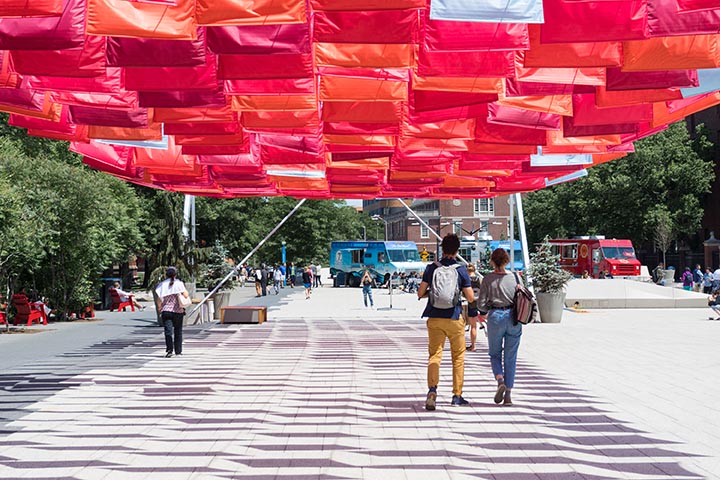
- Address
Gund Hall
48 Quincy Street, Suite 312
Cambridge, MA 02138- Hours
Monday–Friday
9 a.m.–5 p.m.
Important Dates
Master in Urban Planning
Accredited by the Planning Accreditation Board and open to students with an undergraduate degree, the two-year professional Master in Urban Planning (MUP) degree program engages with critical issues facing cities and regions in coming decades
program overview
Drawing on the strengths of the department, school, and university, GSD planning students learn how to understand, analyze, and influence the variety of forces—social, economic, cultural, legal, political, ecological, and aesthetic, among others—shaping the built environment. Four key areas of concern animate the learning environment: how planning can manage change in complex environments; dealing with multiple scales and systems; engaging ethically with problems now and in the future; and planning as an active practice where implementation matters.
A two-year enrollment of roughly 80 students and a core, interdisciplinary faculty of scholars and practitioners generate an intimate, engaged educational atmosphere in which students acquire the knowledge and skills necessary for leadership positions in their future professional careers.
The planning program administers joint degree programs with the Law School, the Harvard Kennedy School, and the Harvard Chan School of Public Health. Planning students often cross-register in courses offered by the Faculty of Arts and Sciences, the Kennedy School, and the schools of business, law, education, engineering, and public health. Students in the urban planning program also take courses offered by the GSD’s other degree programs in architecture, landscape architecture, urban design, design studies, and design engineering. They can cross-register in courses offered by the neighboring Massachusetts Institute of Technology.
The Loeb Fellowship program is a terrific resource for students, bringing mid-career professionals, many of them in planning and related areas, to the GSD for a year. Each year, the Lincoln Institute for Land Policy , collaborating with the American Planning Association and Harvard, convenes planning directors from the 30 largest cities in the U.S. to discuss emerging issues. Urban planning students interact with the directors informally and in a classroom setting.
Studio, thesis, and class projects link students to communities in the Boston area and beyond. The school’s Community Service Fellowship Program (CSFP) provides both summer internships in the U.S. and small overseas travel grants. Various Harvard units provide summer and winter opportunities relevant to urban planning students, including the Rappaport Public Policy Summer Fellowship , Edward M. Gramlich Fellowship in Community and Economic Development , and Presidential Public Service Fellowships . There is also funding for research travel (e.g., thesis data collection) or independent internships in Latin America, Africa, South Asia, and elsewhere.
Four terms of full-time study in residence are normally required for award of the degree. Under special circumstances, students may receive permission to reduce their course loads and extend their studies over a longer period of time. Concurrent and joint degree candidates must consult the rules governing concurrent and joint degrees for information on residency requirements.
Please note that the MUP program is designated as a STEM program. Accordingly, international students holding F-1 visas may be eligible for a 24-month Optional Practical Training (OPT) extension on top of their initial OPT of 12 months, for a total of 36 months, following graduation. Each F-1 student must petition United States Citizenship and Immigration Services to approve the 24-month STEM extension, and Harvard does not represent or warrant that USCIS will grant any individual petition.
The Master of Urban Planning (MUP) program, combined with practical experience and the AICP exam, leads to professional certification from the American Institute of Certified Planners. Harvard has not determined whether the program meets the educational requirements for professional licensure in any state other than Massachusetts.
Organizations both big and small worldwide are interested in GSD students and alumni. Urban planning training brings a wealth of knowledge and transferable skills outside of traditional practice to many industries, including but not limited to consulting, planning, government, higher education, non-profits, and other public and private institutions in the United States and internationally.
StudenT projects
-

After Snow: The Case for an Alpine Public
Cory Robinson Page (MLA I/MUP ’25), Kira Clingen -

VEILED VISIBILITY: SPATIAL MEMORY AND QUEER IDENTITY IN SHINJUKU NI-CHōME
Mike Kaneshiro Chou (MUP/MPH ’25), Dana McKinney White, Peter Rowe -

Chemical Occupations: Anti-Colonial Reactions in the Desert
Issam Azzam, Rosalea Monacella -
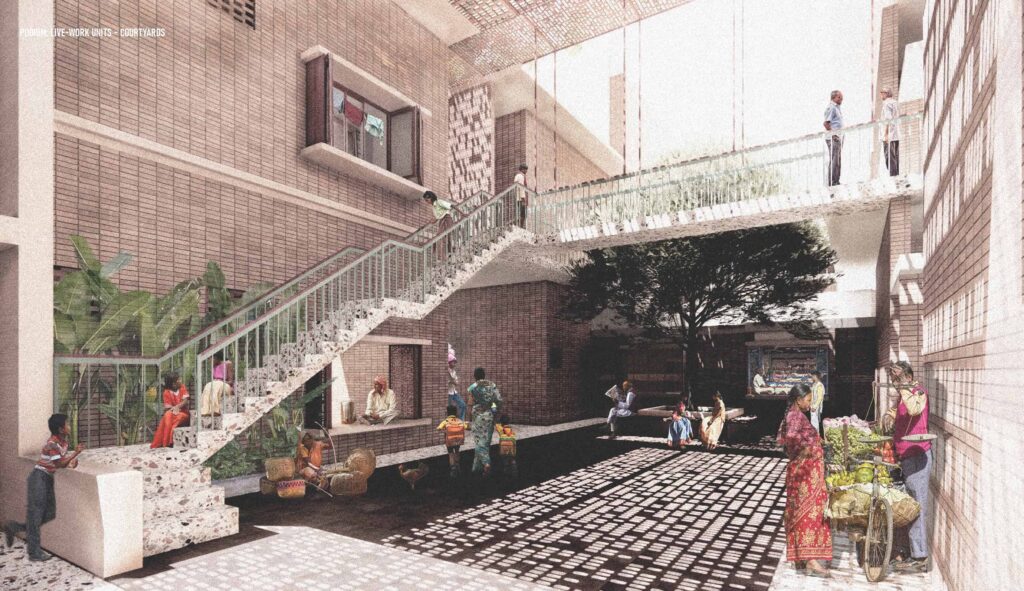
Mumbai INformal
Kiara Nahomy Wong Siu (MAUD '25), Teresa Ka Weng Lai (MAUD '25), Henry Black (MUP '26), R. Kofi Boakye Bempong (MUP/MPA '26) -
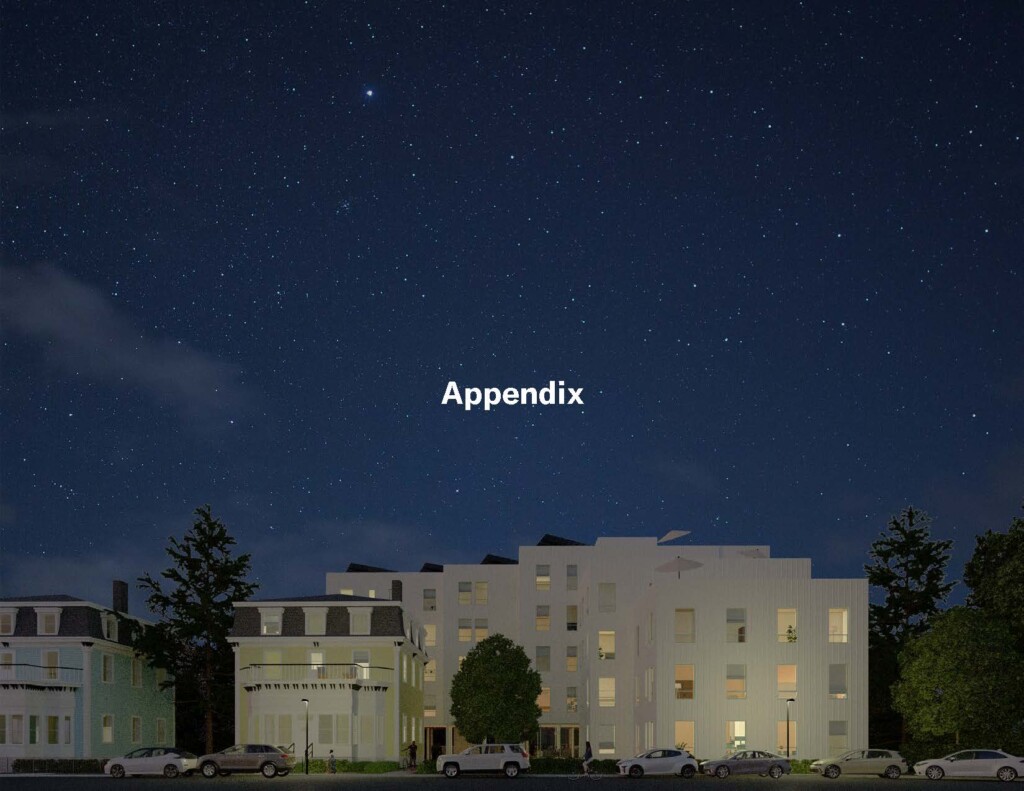
Walnut Park Place: Affordable Ownership Opportunities for the Egleston Square Community
Aaron Smithson (MArch/MUP '25), Cat Chen (MArch '25), Maggie Weese (MUP/MPH '24) -
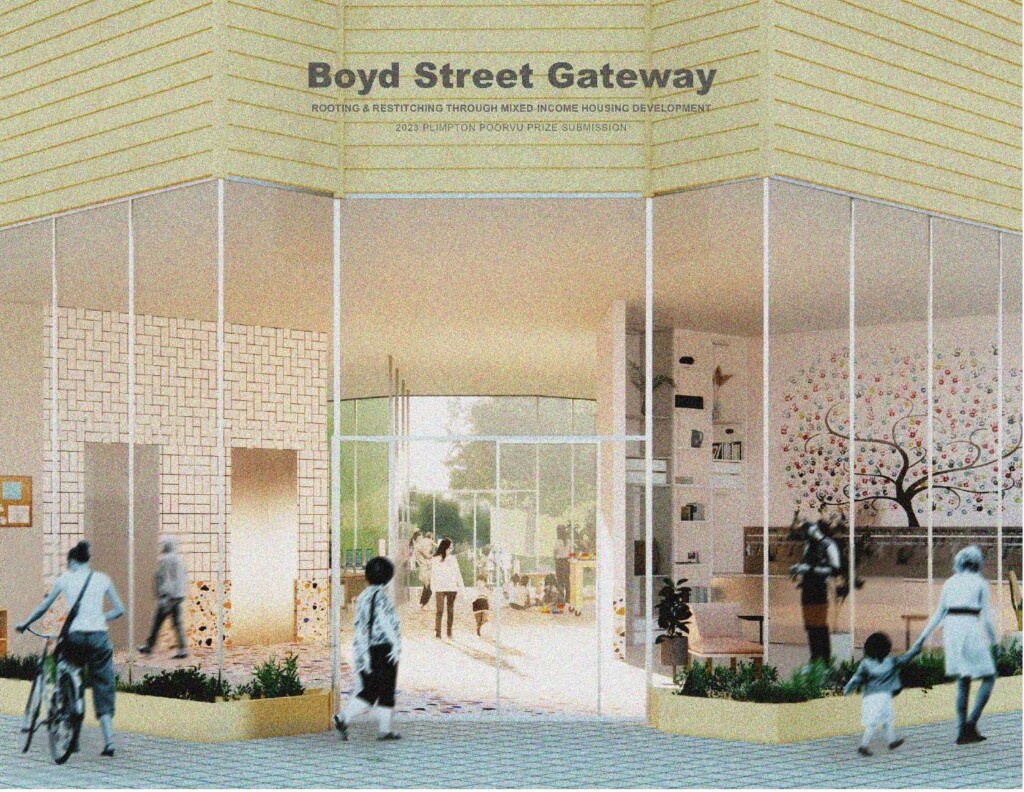
Boyd Street Gateway
Maddie Farrer (MArch I '25), Madeleine Levin (MUP '23), Arielle Rawlings (MUP '23), Edward Marchant -

Truly, Oregon! Empower Lloyd Center, Portland, OR
Heejin Park (MAUD ’23), Terry Kim (MUP ’23), Aelin Shaoyu Li (MDes ’24), Claire Tham (MUP ’23), Li Zhou (MDes ’23), Richard Peiser -
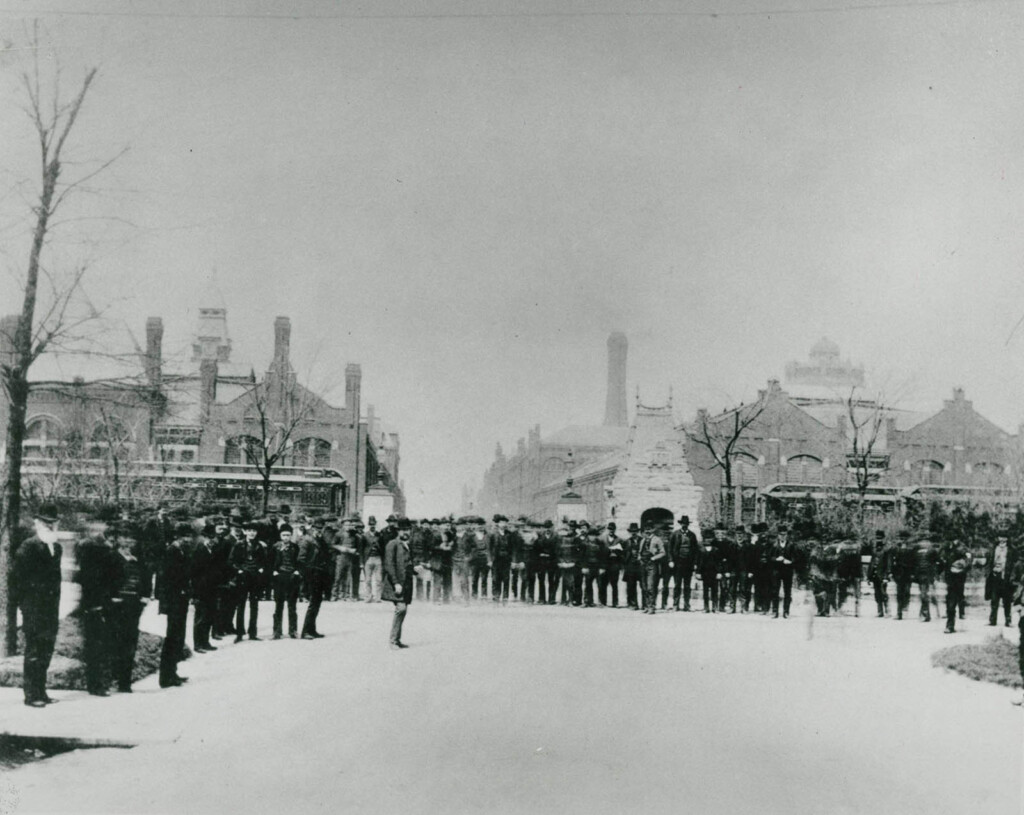
Our History is our Resource: Historic Narrative as Urban Planning Strategy in Chicago’s Pullman Neighborhood
Michael Zajakowski Uhll (MUP '23), Rachel Meltzer -
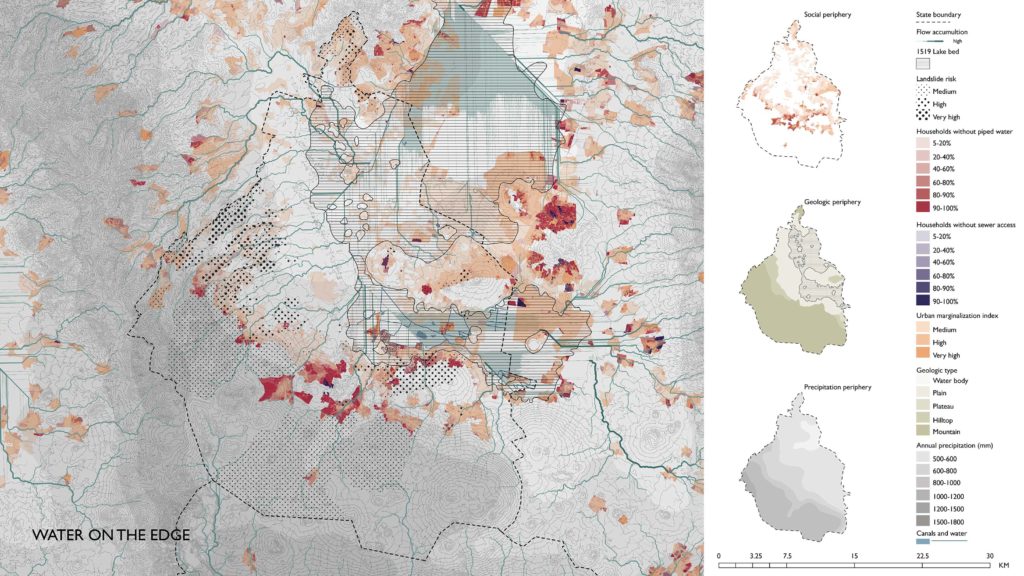
Water at the Edge: Towards Water Independence for Mexico City’s INFONAVIT Housing
Ciara Stein (MLA I/MUP ’21), Montserrat Bonvehi Rosich, Seth Denizen -
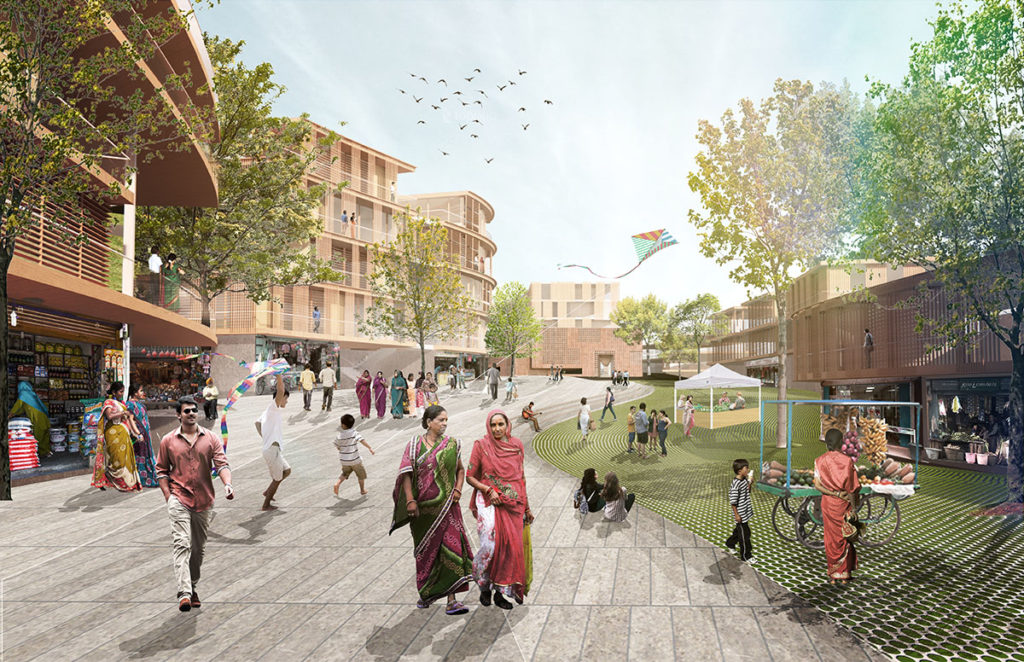
Dolvi Township Project
Andriani Wira Atmadja (MUP ’21), Nadege Giraudet (MArch I ’21), Richard Peiser